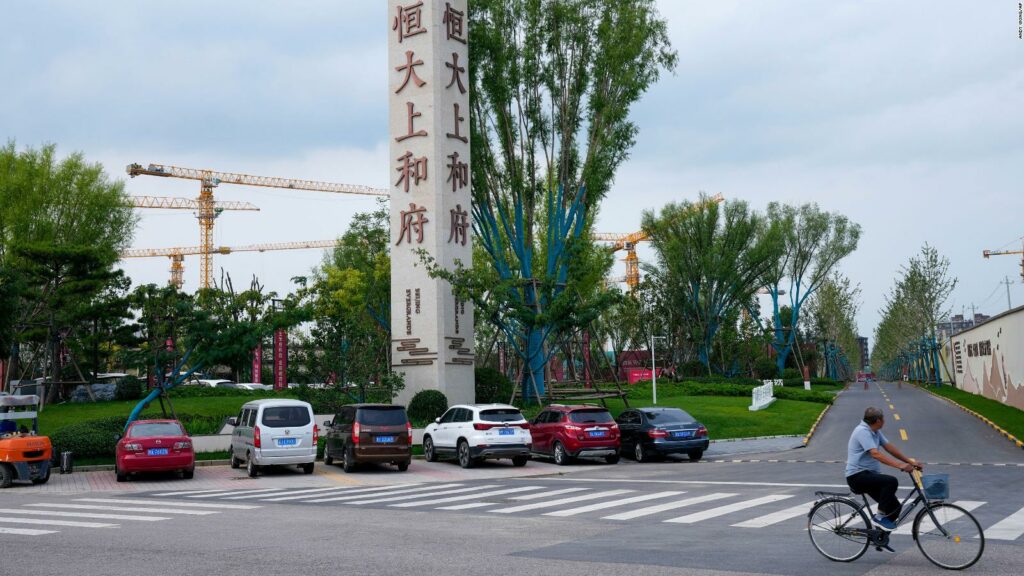Beijing says it’s time for companies to pay their overseas debts as Evergrande fears linger

Two major economic and finance agencies on Tuesday called on companies in “key industries” to redeem the principal and interest on their overseas bonds, according to Getting seriousThe Evergrande payment suggested that the developer is getting serious about meeting its debt obligations with overseas bondholders.Previously, the company had been silent on a slew of missed interest payments on dollar-denominated bonds. As deadlines came and went, for weeks the only debt it weighed in on was an interest payment on a yuan bond. Evergrande has also stressed the importance of finishing housing projects in mainland China, a sign that it wants to prioritize its commitments to Chinese home buyers.Before Tuesday, Beijing was also quiet about any threats posed by an inability of Evergrande and other developers to pay offshore debts. At a financial forum in Beijing last week, Chinese Vice Premier Liu He stressed that risks were generally under control, despite what he called “individual problems” in the property market.But the government statement Tuesday may indicate that Beijing understands that any market fallout from Evergrande needs to be limited.The agencies said that they want companies to settle foreign debt to protect those firms’ reputations, as well as the “overall order of the market.” When Evergrande first warned last month that it could default, stocks in Hong Kong, New York and other major markets were rattled by fears of possible contagion. “The top concern should be the overall credit rating of Chinese offshore bonds,” said Iris Pang, chief economist for Greater China at ING, adding that Beijing also wants to ensure future demand for such bonds is not affected.Chinese policymakers also “don’t want to see the offshore bond market freeze due to the Evergrande saga,” said Larry Hu, head of China economics at Macquarie Group, adding that authorities would want to maintain a steady flow of capital in and out of the mainland.A rising risk to refinancingWorries over defaults by Chinese property developers have spooked international investors and could make it more difficult for the companies to refinance their debts.On Tuesday, the Beijing-based developer Modern Land said that it has failed to pay either the principal or interest on a $250 million bond that was due October 25. It blamed “unexpected liquidity issues” related to the economy, the real estate industry and the coronavirus pandemic.The risk of needing to refinance is rising for Chinese developers, according to analysts from Moody’s.They wrote in a Wednesday report that access to funding for such firms has been constrained by weak investor sentiment and tightening government regulations. The government has Analysts said that Beijing is unlikely to directly intervene and bail out Evergrande or other developers.”It would encourage excessive risk-taking in the future,” Hu from Macquarie said, noting that the recent debt crisis stems from too much “risk-taking” by developers in the past few years. “Beijing would ensure an orderly debt restructuring for those developers in trouble, so that the unfinished projects could be done and delivered.”







